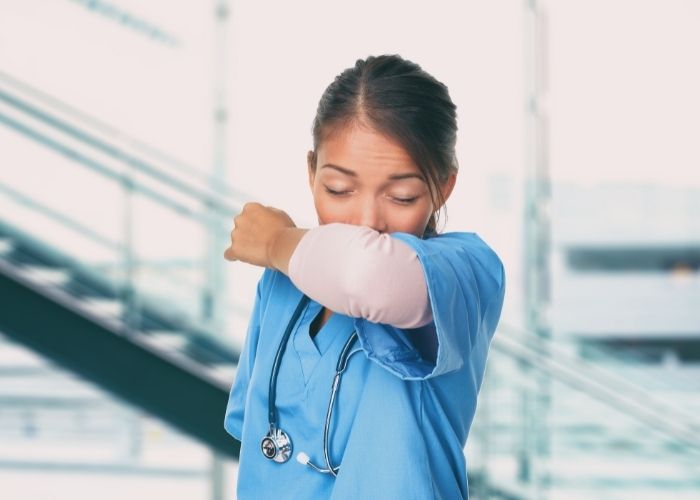MADRID – The new Omicron variant appears to be spreading much faster than any other variant up until now. But what are the symptoms and what precautions can we take?
As stated by the World Health Organisation (WHO), “this variant has a large number of mutations, some of which are concerning. Preliminary evidence suggests an increased risk of reinfection with this variant, as compared to others.”
Symptoms
Experts have detected that fatigue is a common symptom in Omicron cases, as well as headache, aching joints, runny nose, and sore throat. However, also people are experiencing shortage of breath, fever, nausea, sickness, and diarrhoea.
However, especially at this time of the year, there are other illnesses around that can cause similar symptoms. Therefore, it could be difficult to determine whether it is Covid-19 or perhaps, just a common cold.
Testing
But, unless it is detected quickly, the Omicron variant will continue to spread at an alarming rate. So, if you think there is any chance you could have the virus, it is always recommended you take a test at the earliest opportunity.
Although this is necessary, until more information is confirmed about Omicron, as mentioned in our previous article, health centres and hospitals are being inundated with people who have questions or think they may have symptoms.
According to WHO, more data is needed to know if Omicron infections, and especially reinfections and breakthrough infections in people who are fully vaccinated, cause more severe illness or death than infection with other variants.
However, as with anything, the level of symptoms can vary from person to person. And would very much depend on the current level of health, age, immune system etc.
Precautions
Despite the lack of concrete knowledge, WHO currently advises, vaccines are still considered the effective and the best measure of protection against variants of Covid-19. And preventive measures also help to effectively reduce the risk of Covid-19, including Delta and Omicron variants.
SARS-CoV-2 can spread during any size of gathering. WHO, therefore, recommends that the decision-making process of holding, modifying, postponing, or cancelling gatherings of any type or size should rely on a risk-based approach. They advise you to stay at home if you feel unwell or have COVID-19 symptoms
Consequently, they continue to reiterate that “individuals are reminded to take measures to reduce their risk of COVID-19, such as;
- Wearing well-fitting masks
- Hand hygiene
- Cough or sneeze into a bent elbow or tissue
- Social distancing
- Improving ventilation of indoor spaces by opening windows
- Avoiding poorly ventilated or crowded spaces
- Get vaccinated and boosters shots when due
These protective measures should be applied by everyone, irrespective of their COVID-19 vaccination status
However, if you are in any doubt about symptoms, always seek the advice of your doctor.


